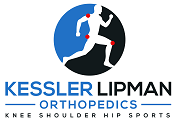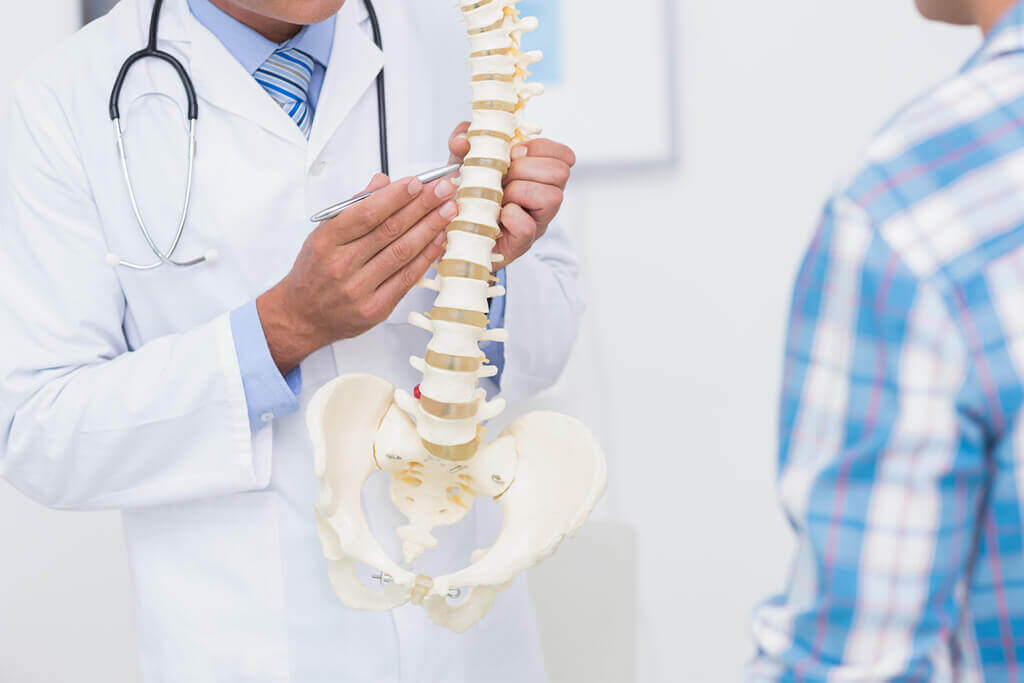Introduction
Anatomy
Causes
Symptoms
Diagnosis
Treatment
Prevention
• Avoid environmental irritants that cause your symptoms, such as water or temperature changes.
• Moisturize your skin to prevent dryness.
• Manage daily stress, participate in relaxation techniques
• Avoid household irritants, such as cleaners, soaps, aftershave lotion, and solvents
• Wear gloves when your hands are exposed to water, irritants, or cold temperatures
• Wear clothes made of cotton or a cotton blend
• Use mild soap and moisturize after bathing
• Avoid moisturizers and skin products with perfume, extra ingredients, or preservatives
• Avoid getting hot and sweaty.
Am I at Risk
A family history of eczema may increase your risk for the condition. As may a family history of:• Allergies
• Asthma
• Hay Fever
Complications
Chronic eczema can lead to bacterial skin infections or scarring.
Copyright © - iHealthSpot Interactive - www.iHealthSpot.com
This information is intended for educational and informational purposes only. It should not be used in place of an individual consultation or examination or replace the advice of your health care professional and should not be relied upon to determine diagnosis or course of treatment.
The iHealthSpot patient education library was written collaboratively by the iHealthSpot editorial team which includes Senior Medical Authors Dr. Mary Car-Blanchard, OTD/OTR/L and Valerie K. Clark, and the following editorial advisors: Steve Meadows, MD, Ernie F. Soto, DDS, Ronald J. Glatzer, MD, Jonathan Rosenberg, MD, Christopher M. Nolte, MD, David Applebaum, MD, Jonathan M. Tarrash, MD, and Paula Soto, RN/BSN. This content complies with the HONcode standard for trustworthy health information. The library commenced development on September 1, 2005 with the latest update/addition on February 16, 2022. For information on iHealthSpot’s other services including medical website design, visit www.iHealthSpot.com.


